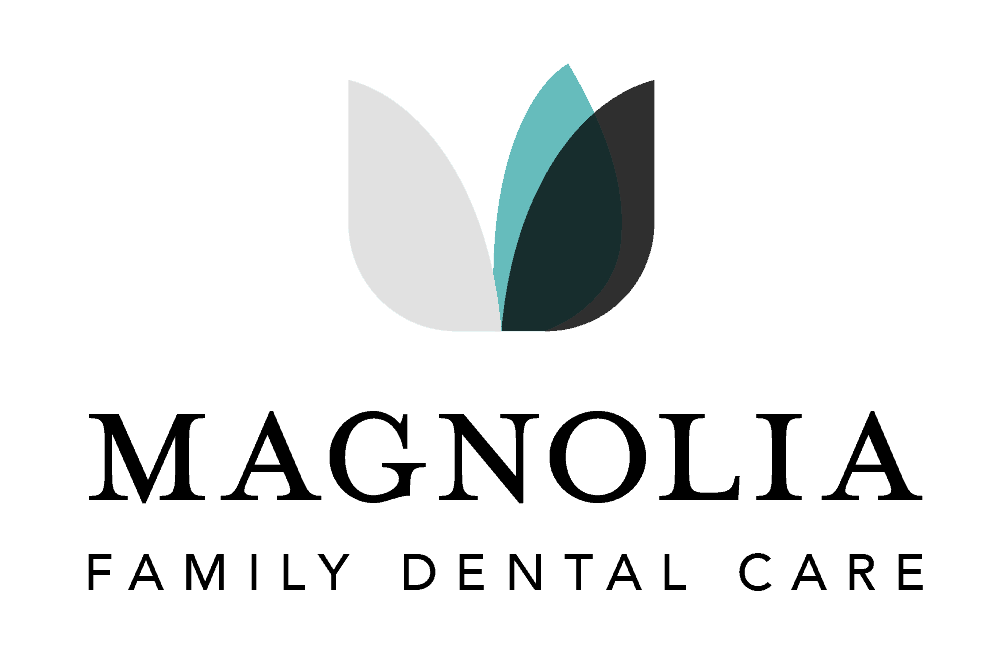28 Sep What is Bruxism Therapy?
Bruxism is a condition characterized by clenching or grinding of the teeth. It can occur during the day or at night, and it can cause damage to the teeth and jaw. Bruxism therapy is a treatment that can help to reduce the severity of bruxism and prevent further damage to the teeth and jaw.
Bruxism therapy is the process of treating bruxism, which is the grinding or clenching of teeth. There are many different ways to treat bruxism, and the most effective method will depend on the individual case. In some cases, simple lifestyle changes may be all that is needed to reduce or eliminate bruxism symptoms. In other cases, more aggressive treatment may be necessary.
Underlying Causes
Bruxism therapy is the use of various treatments to help people who suffer from bruxism, or teeth grinding. This condition can cause a great deal of discomfort and can lead to serious oral health problems if left untreated. There are several different bruxism therapies available, and the best course of treatment will vary depending on the severity of the condition and the underlying cause. In some cases, simple lifestyle changes may be all that is needed to reduce bruxism, while in others, more aggressive treatments may be necessary.
One of the most important aspects of bruxism therapy is identifying and addressing the underlying cause of the condition. In many cases, stress or anxiety is a trigger for bruxism, so stress management techniques may be part of the treatment plan.
Some people may only need to make lifestyle changes, while others may require more aggressive treatments. Common bruxism treatments include:
- Stress management: Identifying and addressing the sources of stress in your life can help reduce or eliminate teeth grinding. This may involve relaxation techniques, counseling, or other therapies.
- Dental appliances: Wearing a mouth guard or splint at night can help protect your teeth from damage caused by grinding.
- Botox injections: Botox injections can help relax the muscles that contribute to bruxism.
- Medications: In some cases, medications may be prescribed to help reduce stress or anxiety, which can help reduce or eliminate teeth grinding.
- Surgery: In severe cases, surgery may be necessary to correct the underlying cause of bruxism or to repair damage caused by teeth grinding.
Bruxism therapy can help reduce or eliminate teeth grinding and protect your oral health.
Therapy
There are several different bruxism therapies that can be used, and the type of therapy that is used will depend on the severity of the condition. In some cases, a simple change in diet or lifestyle may be all that is needed to reduce the severity of bruxism. For more severe cases, however, more aggressive bruxism therapies may be necessary.
Night Guard
One of the most common bruxism therapies is the use of a night guard. Night guards are designed to protect the teeth from damage caused by clenching or grinding. They are typically made of plastic or silicone, and they fit over the teeth like a mouthguard. Night guards can help to reduce the amount of damage that is caused by bruxism, and they can also help to prevent further damage from occurring. Mouth guards can help to protect the teeth from grinding and clenching by creating a barrier between the teeth.
Botox
Another common bruxism therapy is the use of botulinum toxin injections. Botulinum toxin injections are used to relax the muscles that are responsible for clenching or grinding the teeth. This can help to reduce the severity of bruxism and prevent further damage to the teeth and jaw. Bruxism therapies can help to reduce the severity of bruxism and prevent further damage to the teeth and jaw. In some cases, your dentist may also recommend botox injections to help relax the muscles that are responsible for bruxism. Botox works by temporarily paralyzing the muscles, which can help to reduce or eliminate Bruxism symptoms.
Surgery
In some cases, surgery may be necessary to correct the damage caused by bruxism. Surgery can help to realign the teeth or jaw, and it can also help to reduce the amount of pain that is associated with bruxism. Surgery is usually only recommended for severe cases of bruxism, and it is not typically recommended for milder cases. If lifestyle changes and mouth guards do not work, your dentist may also recommend surgery to correct the problem.
Aftercare
Aftercare following bruxism therapy is just as important as the actual treatment itself. Be sure to follow your dentist’s instructions for proper care of your mouth and teeth after your treatment. In addition, be sure to eat a healthy diet and avoid chewing gum or eating hard foods that can aggravate your condition.
If you are concerned about your bruxism, be sure to talk to your dentist about it. He or she can help you determine the best course of treatment for your case. There are many different options available, and the best treatment for you will depend on the severity of your bruxism and your overall health. Your dentist can also provide you with information about how to prevent future episodes of bruxism.


Sorry, the comment form is closed at this time.